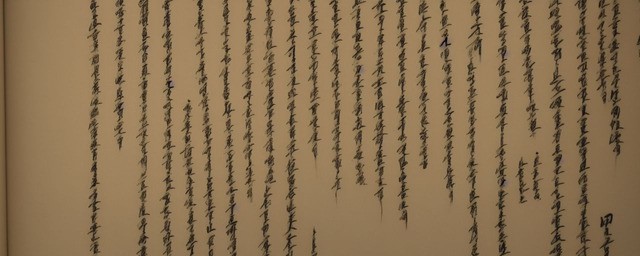
宋朝的用英语怎么说
原|2023-12-27 09:39:51|浏览:51
The Song Dynasty was a crucial period in Chinese history, which lasted from 960 to 1279. It was an era of great cultural and economic progress, and it played a vital role in shaping the modern Chinese society as we know it today.
The Song Dynasty is commonly referred to as the "Song Empire" in English. It was one of the most technologically advanced and prosperous periods in Chinese history. During this time, China experienced significant advancements in fields such as agriculture, industry, trade, science, and technology.
One of the key achievements of the Song Dynasty was its agricultural revolution. The introduction of new agricultural techniques, such as the cultivation of fast-ripening rice, led to increased productivity and improved food security. This allowed for a rapid increase in population and the development of large urban centers.
The Song Dynasty also witnessed remarkable advancements in technology. Engineering marvels such as the naval and maritime technologies were developed, enabling extensive maritime trade and exploration. The invention of movable type printing revolutionized the dissemination of information and facilitated the growth of literacy among the population.
Art and culture flourished during the Song Dynasty. Literature, poetry, and philosophy reached new heights, with notable figures such as Su Shi and Lu You emerging as prominent poets and scholars. The Song Dynasty also saw the rise of Neo-Confucianism, a philosophical and ethical system that became the dominant ideology of the imperial state.
The economy of the Song Dynasty was characterized by an advanced monetary system, efficient taxation, and an organized network of waterways and roads. Commercial activities thrived, and markets became vibrant centers of trade and commerce. The development of paper money further stimulated economic growth and facilitated long-distance trade.
Despite its achievements, the Song Dynasty faced several challenges. It had to contend with constant threats from neighboring nomadic tribes, such as the Khitan and Jurchen. Eventually, the Jurchen invaded and captured the Northern Song capital, forcing the Song court to relocate to the South. This led to the division of the dynasty into the Northern Song and Southern Song periods.
In conclusion, the Song Dynasty was a pivotal era in Chinese history. It witnessed remarkable advancements in various fields and left a lasting cultural and social legacy. The Song Empire played a crucial role in shaping modern China and remains an important part of Chinese historical and cultural identity.
猜你喜欢
- 茶的分类及代表品种
- 六大茶类的代表名茶分别有
- 茶的类型和代表
- 六大茶叶的分类及产地
- 庙的分类及代表
- 藻的分类及其代表
- 茶的分类及代表茶品特点
- 茶的分类及代表茶
- 简述茶类的分类及其代表性名茶
- 六大茶类的分类及代表茶
- 动物分类及代表
- 糖的分类及代表
- 茶的分类及代表茶叶
- 茶的分类及代表图
- 茶的分类及代表作
- 茶器按质地的分类及代表茶器
- 茶的分类及代表名茶教学设计
- 简述茶的分类及代表性名茶
- 请写出乌龙茶的分类及代表茶
- 法国雅文邑白兰地系列
- 雅文邑白兰地介绍
- 1952年法国雅文邑白兰地
- 法国雅玛邑白兰地
- 纽波利顿獒
- 法国犬品种
- 南非獒犬的优缺点
- 波尔多獒犬寿命
- 波兰狩猎犬
- 波尔多犬和罗威纳犬对比
- 波尔多犬和杜高对比
- 世界十大凶犬
- 护卫犬排行榜前十名
- 大红袍怎么泡效果好
- 大红袍怎么泡不开
- 大红袍怎么泡茶
- 大红袍怎么泡出来没颜色
- 大红袍怎么泡不苦
- 大红袍怎么泡多久
- 大红袍怎么泡才正确的特点
- 大红袍怎么泡没有柴味儿
- 大红袍怎么泡放多少合适
- 花香大红袍怎么泡
- 大红袍怎么泡茶好
- 大红袍是怎么泡的
- 大红袍怎么泡水好喝
- 大红袍用玻璃杯怎么泡
- 大红袍怎么泡味道浓一些
- 十大排名果花茶
- 十大花茶组合排名
- 十大花茶品种大全
- 十大花茶功效
- 十大花茶销量排行榜
- 十大花茶有哪些
- 十大花茶品种
- 十大花茶推荐
- 十大花卉排行榜
- 十大花卉
- 十大花茶调理内分泌
- 九五至尊秦昊明月关山
- 红茶冲泡工艺
为你推荐






































































